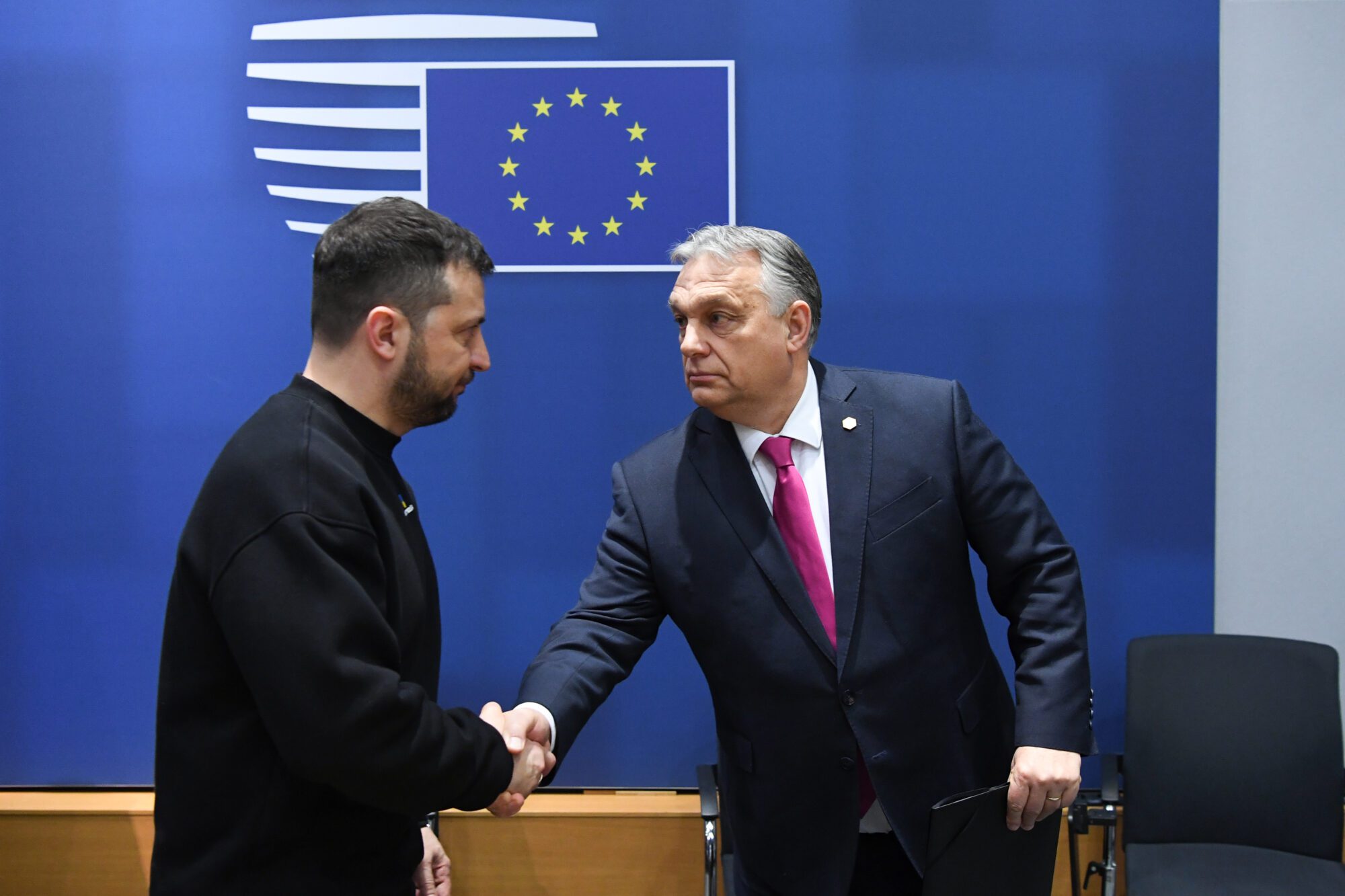
Hungary is blocking half a billion euros worth of EU funds from the European Peace Facility (EPF) meant for acquiring weapons destined for Ukraine, according to sources close to the report of the Italian daily ANSA, published on Monday, May 15th. Officially, Budapest seeks financial guarantees from Brussels, but sources claim the move is also a response to Kyiv’s recent decisions to target Hungarian assets.
According to the paper, it is the eighth tranche of the series of EPF funds released to provide military support for Kyiv that the Hungarian veto is targeting and is originally scheduled to be disbursed next Monday.
Allegedly, in exchange for lifting the veto, Budapest demanded ‘guarantees’ from Brussels for the Peace Facility to maintain its “global” horizon in the future and not only to be used for arming Ukraine.
🇭🇺 Hungary has blocked a new €500 million tranche for Ukraine from the European Peace Fund.
— Djole 🇷🇸 (@onlydjole) May 15, 2023
🔸This was reported by the ANSA news agency, citing a source.
🔸According to the agency, Budapest demanded that the fund play a "global" role and not be used exclusively for arming Kiev. pic.twitter.com/SGstL3B3gy
However, clarifications regarding the role of the EPF might not be the only thing needed for unblocking the funds. According to a member of the Hungarian government, the veto is also a response to President Zelensky’s leaked intentions to sabotage the Druzhba pipeline specifically to hurt the Hungarian economy (which we reported earlier), and even more so to Kyiv’s recent decision to include the Hungarian OTP Bank in its list of entities aiding the Russian war effort by continuing to operate in Russia.
According to the Ukrainian anti-corruption agency (NAZK) responsible for the decision, OTP Bank needs to be sanctioned because it plays a major role in the Russian bank sector while also operating in—thus, recognizing—the republics of Donetsk and Luhansk, and even gives out discounted loans to serviceman of the Russian army.
However, according to the official statement of the OTP, none of these accusations are true, and in fact “operates in full compliance with local and international legislation in all its markets, including [European] sanction regulations.” To underline, the bank added that it had immediately terminated all activities in the occupied territories back in 2014.
Regarding the question of the OTP’s role in the Russian economy, OTP has a market share of only 0.17%, which is not nearly enough to be considered for sanctions, given that “international banks and other companies with a significantly larger local presence were not included on the NAZK list,” the bank said, “which in itself questions the credibility of the decision.”
Likewise, to answer the “preferential loans” argument, the statement explained that OTP has no special policy toward any servicemen, its branches located in Russia merely follow the local law, as mandatory for all banks, which makes army personnel who participate in the war exempt from loan payments.
As for the Donetsk claim, OTP reiterated that in line with the official position of Hungary and the EU, it never recognized the independence of the territories nor did it conduct operations on their soil. The statement added that the source of the NAZK’s mistake could be a Russian town that’s also named Donetsk, where OTP did have a branch until recently.
According to the unnamed Hungarian official talking to the local daily Index, the truth is that Hungary blocked the €500 million worth of EPF funds primarily because of the leaked Ukrainian plans to sabotage critical Hungarian infrastructure, and also because of the OTP decision.
After pointing out that much larger banks, such as the Raiffeisen, continue to operate in Russia in the same manner as OTP, without being branded an “international sponsor of war” by the NAZK, the official underlined:
The members of the government consider the sanctions against the OTP an anti-Hungarian move. … Until Ukraine does not correct [this mistake], the Hungarian position will not change, [because] sanctions are written in Brussels, not in Kyiv.
